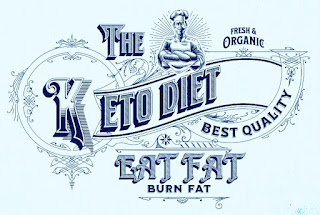The Keto Diet Exposed: Separating Fact from Fiction

The ketogenic diet has become a popular topic in the world of nutrition and weight loss. Proponents of the diet claim that it can lead to significant weight loss, improved blood sugar control, and increased energy levels. However, as with any diet, there are also concerns and misconceptions surrounding the ketogenic diet. In order to separate fact from fiction, we spoke with several experts in the field of nutrition and dietetics to learn more about the ketogenic diet and its potential benefits and drawbacks. First, it is important to understand what the ketogenic diet entails. The ketogenic diet is a high-fat, low-carbohydrate dietary approach that is designed to promote a state of ketosis in the body. This is achieved by consuming a diet that is high in healthy fats, moderate in protein, and low in carbohydrates. According to Dr. Heather Fields, an internal medicine specialist and adjunct professor at Western Michigan University, the ketogenic diet can be an effective tool for wei




.jpg)
.jpg)